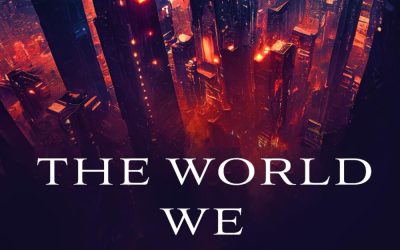Joe Couture, The StarPhoenix, January 23, 2014
A new report from the Frontier Centre for Public Policy tries to make government budget numbers easier to understand by scaling them down to the size of an average household’s finances.
“People have a very tough time actually putting into perspective what really large numbers mean,” Peter McCaffrey, a policy analyst with the Frontier Centre and author of the report released this week, said.
“To actually put it in context is very tricky. The idea behind this project is to try and scale provincial budgets, and actually the federal budget as well, to a size that people are used to dealing with.”
To accomplish that, the report starts by taking the median family income in the province — in Saskatchewan’s case, $78,200 — and equates the government’s general revenue figure to that number.
Then the rest of the provincial budget numbers are scaled down by the same measure “so people are able to have a little bit of a think about the provincial government’s budget in terms they’re used to dealing with in their own family, their own household,” McCaffrey said.
So, if Saskatchewan’s annual income (about $11.6 billion) was represented as $78,200, its spending (about $11.5 billion) would then equal $77,764, leaving only $436 for savings.
More than 40 per cent of the province’s spending would be on health care, at $32,619. (In reality, the province spends about $4.8 billion on health care.)
“That’s a huge portion of the budget, far more than even, say, the next three or four or five combined,” McCaffrey said.
McCaffrey cautioned against misreading the Frontier Centre’s numbers as the amount the government spends per family. Rather, the numbers represent how much in theory the government would be spending on various items if its budget was the size of an average family’s.
According to the report, if the province was a family, it would own $127,078 in assets, but owe $108,205 in debt. It would spend $2,291 paying off debt each year, and earn just $602 from investments.
McCaffrey conceded the Saskatchewan numbers are “a bit messy” given the controversy over the government’s use of the general revenue fund versus the summary financial budget in reporting on the province’s finances.
The government continues to communicate with both sets of books. The general revenue fund reflects spending within government itself, while the summary budget looks at all aspects of public finances, including those related to Crown corporations.
The provincial auditor has called on the government to only use the summary statements, which is standard in other provinces.
There wasn’t enough information in either set for the Frontier Centre to rely solely on one or the other, so general revenue fund numbers were used for some tables and summary data for others, McCaffrey said.
The intent of the report wasn’t to compare provinces to each other overall, he said. But the report does note Saskatchewan is in an “enviable” financial position — not surprisingly, given its history of balanced budgets.
Jeff Welke, executive director of communications for the provincial finance ministry, said the report represents “an interesting way of breaking down provincial budgets.”
“It’s kind of an interesting, creative kind of view of things,” Welke said. “I think things that can clarify what can sometimes be complex financial matters for the public, I think there’s always a benefit to that.”


